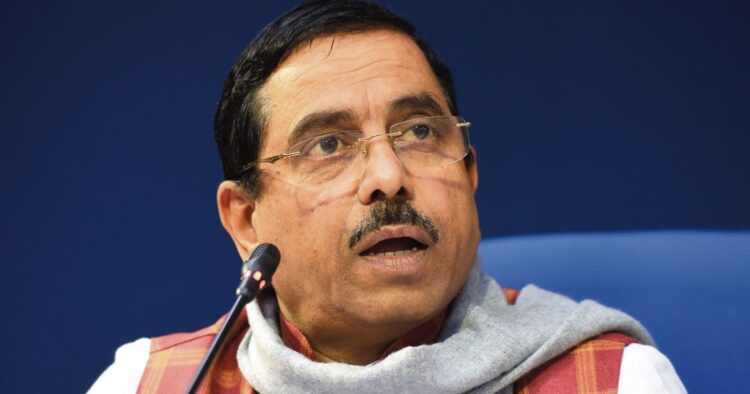In anticipation of the upcoming Budget Session, a crucial meeting is set to take place on Tuesday among the floor leaders of various political parties in both Houses of Parliament. The Minister of Parliamentary Affairs, Pralhad Joshi, will convene the meeting to discuss important matters ahead of the session. The Budget Session, the final one before the expected general elections in April-May, is scheduled to commence on January 31 and is likely to run until February 9.
During this session, Union Finance Minister Nirmala Sitharaman is slated to present the interim budget on February 1. The interim budget traditionally addresses the fiscal needs during the intervening period until a new government is formed after the Lok Sabha polls. This session will kick off with President Droupadi Murmu delivering an address to the joint sitting of both Houses of Parliament.
Amidst these developments, the Confederation of Indian Industries (CII) has put forward a series of key recommendations in the run-up to the Budget presentation. These proposals aim at addressing various economic aspects and fiscal policies.
One of the primary recommendations from the CII is the importance of meeting disinvestment targets and outlining a comprehensive 3-year schedule for disinvestment. This move is seen as crucial for managing the country’s finances effectively.
Additionally, the CII suggests the inclusion of petroleum, electricity, and real estate under the Goods and Services Tax (GST) umbrella, promoting a more streamlined and uniform tax structure. They advocate for a 3-rate GST structure, emphasizing simplicity and ease of compliance.
In terms of capital expenditure (capex), the CII proposes a substantial 20% increase, pushing it to Rs 12 lakh crores. This move is geared towards fostering economic growth and development.
Furthermore, the industry body recommends the establishment of a dedicated Ministry of Investment, emphasizing the need for a comprehensive approach to attract and facilitate investments in the country.
As the Budget Session approaches, these recommendations from the CII will likely play a significant role in shaping the economic policies and financial decisions to be presented during the interim budget on February 1. The outcome of the meeting among political leaders is anticipated to provide further insights into the priorities and strategies to be discussed during this crucial session.

















Comments